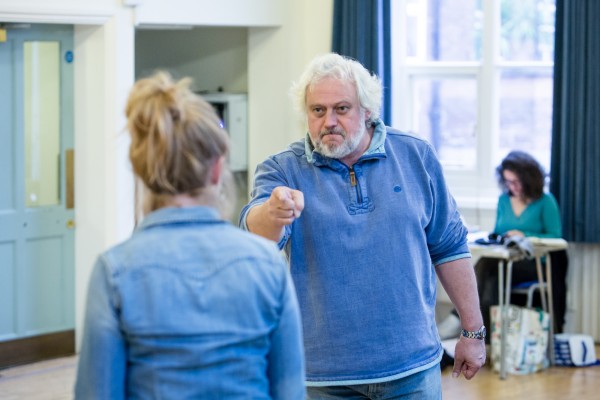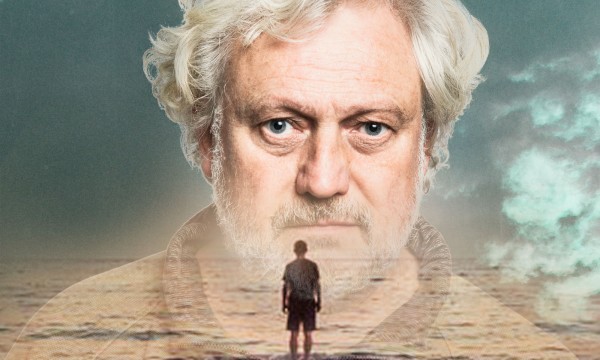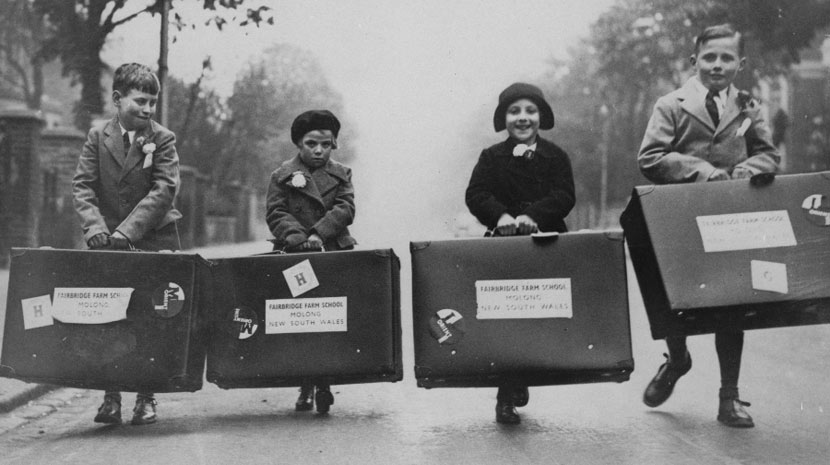Britain’s child migrants: ‘I was told I was going on a picnic’
Mon 30 Nov 2015 |
Our Plays, The Bigger Picture
Up until 1970, the UK regularly shipped thousands of orphans and illegitimate children abroad to a life of virtual slave labour and, often, abuse. Our upcoming production Forget Me Not explores the modern day ramifications of this heart-breaking period of history. In this Guardian article published on 24 October, journalist Giulia Rhodes meets two real life victims of a policy that robbed them of a childhood and a family.
Sunday evenings were the highlight of the week when Tony Costa was a child. Then, he and the other boys living at Bindoon Boys Town, an orphanage run by the Catholic Christian Brothers in Western Australia, were allowed to watch a television film. Sometimes, says Costa, 74, Mario Lanza, the American tenor and Hollywood star would feature. “I ordained him the voice of hope. When he sang I felt I could keep going. It was the only good thing.”
Costa is one of an estimated 100,000 British children sent to institutions in Australia, Canada, New Zealand and Rhodesia (now Zimbabwe) under official migration schemes which ran until 1970. Most of the children never saw their families again. Many suffered years of systematic physical, emotional and sexual abuse.
Tony’s story is among those told in an exhibition opening at the V&A Museum of Childhood today. He and several other former child migrants have come to Britain to share their experiences. “We need to be heard so we never, ever see this happen again,” he says.

Forget Me Not in rehearsals
Tony was two when his unmarried mother took him to a London orphanage. She told the nuns she would come back as soon as she had the means to provide for him.
Tony Costa was 11 when he left for Australia in 1953 … ‘I was told I would ride on horseback to school and pick fruit from the trees.’
By the time she did, her son had been sent to the other side of the world. She was told simply that she was too late. It would be another 50 years before Tony even found out she had returned.
He was 11 when, in 1953, he set sail for Australia. “I was told I would ride on horseback to school and pick fruit from the trees. We were going to enjoy life.”
Official pictures from the time show groups of excited children, smartly dressed and smiling. As soon as the ship docked at Fremantle, a different reality emerged. Tony spent the next five years at Bindoon, where an Australian Royal Commission last year heard that boys were subjected to back-breaking manual labour, given little food or education and regularly abused.
“We lived in constant fear of being flogged or molested.”
“We had no dignity or self-esteem. I would cry my eyes out at night and wonder what I had ever done to deserve such treatment when I had committed no crime. We were told we were the sons of whores, the lowest form of humanity,” says Tony.
Aged 16, Tony left Bindoon, taking a job in a factory, but only when he reached 21 was he given his birth certificate. “I learned my parents were called Kathleen Mary and Thomas Joseph, a Belfast man, and that I was born at St Mary’s hospital, Islington.”
In 1977, he travelled to Britain seeking some geographical connection and identity. “I just wandered about like a lost soul.”
Read the rest of the article here.

Forget Me Not by Tom Holloway | 8 Dec – 16 Jan | Book here





